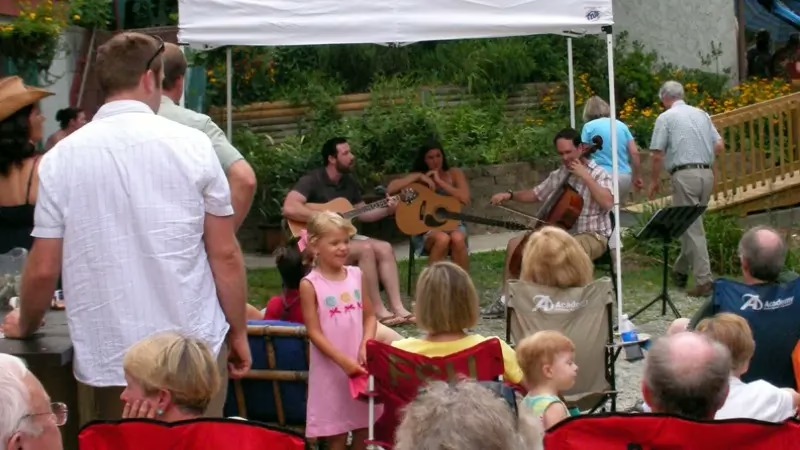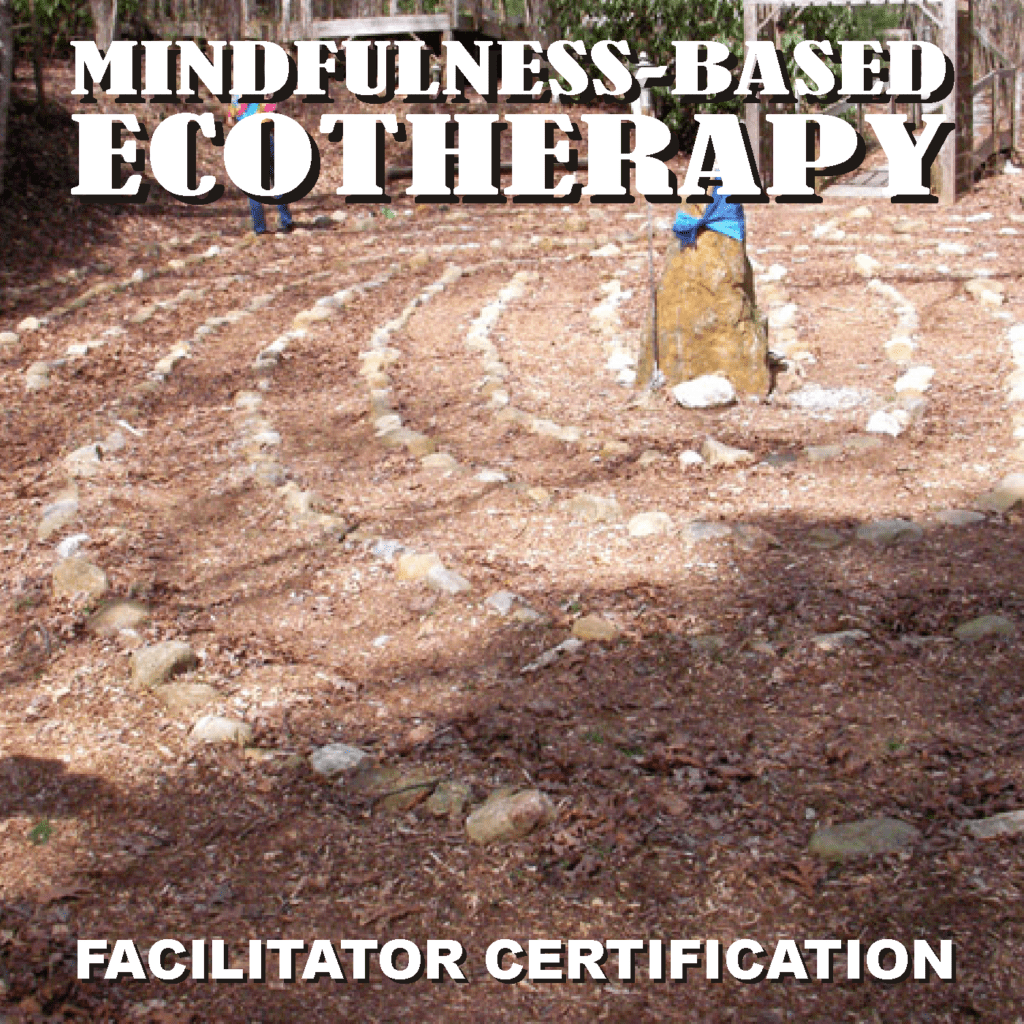
Table of Contents
Loneliness is an epidemic in modern society, affecting millions of people worldwide. It is more than just a fleeting emotion; chronic loneliness has been linked to increased stress, anxiety, depression, and even physical health issues such as heart disease and weakened immune function. While social connection is a fundamental human need, many individuals struggle to build and maintain meaningful relationships.
Mindfulness-Based Ecotherapy (MBE) offers a nature-centered approach to overcoming loneliness and strengthening social bonds. By integrating mindfulness practices with the healing properties of nature, MBE fosters deeper self-awareness, emotional resilience, and meaningful human connection. In this post, we’ll explore how loneliness affects well-being, the role of social bonds in mental health, and how MBE can help nurture a sense of belonging.
The Impact of Loneliness on Mental and Physical Health
Loneliness is more than just being alone; it is a subjective feeling of disconnection, even when surrounded by others. Studies have shown that loneliness can:
- Increase stress hormones like cortisol, leading to chronic inflammation.
- Weaken the immune system, making individuals more susceptible to illness.
- Heighten the risk of anxiety and depression.
- Impair cognitive function and increase the risk of dementia in older adults.
- Lead to unhealthy coping mechanisms such as substance abuse or overeating.
Social bonds are essential for emotional and physical well-being. A strong support system provides comfort during difficult times, enhances self-esteem, and promotes a sense of belonging. Unfortunately, modern lifestyles, increased screen time, and urbanization have contributed to a decline in face-to-face interactions, making loneliness more prevalent than ever.
How Mindfulness-Based Ecotherapy Strengthens Social Bonds
Mindfulness-Based Ecotherapy combines mindfulness practices with nature therapy to foster well-being. By spending time in natural settings and practicing mindfulness techniques, individuals can cultivate a deeper connection with themselves, others, and the environment. Here’s how MBE helps combat loneliness and promotes social bonds:
1. Encourages Present-Moment Awareness
Mindfulness teaches individuals to fully engage with their surroundings and interactions. In social settings, this means being more attentive, reducing distractions, and truly listening to others. When practiced in nature, mindfulness helps individuals develop a sense of connection not only with people but also with the living world around them.
2. Reduces Social Anxiety
Many people struggle with social anxiety, making it difficult to form relationships. MBE promotes relaxation through nature immersion, helping individuals feel more at ease in social situations. Activities such as mindful walking, guided meditation in a park, or forest bathing can reduce stress and improve confidence in social interactions.
3. Provides Opportunities for Shared Experiences
Ecotherapy activities often involve group participation, which naturally fosters connections. Community gardens, nature retreats, outdoor yoga, and hiking meditation groups provide a space for people to interact, collaborate, and form meaningful relationships while engaging with the natural world.
4. Enhances Emotional Regulation
Loneliness can lead to negative thought patterns, self-doubt, and emotional distress. MBE teaches individuals how to regulate emotions through mindfulness, helping them break free from cycles of self-criticism and fear of rejection. When emotions are balanced, social interactions become more authentic and fulfilling.
5. Cultivates Compassion and Empathy
Spending time in nature has been shown to enhance feelings of interconnectedness. When individuals practice mindfulness outdoors, they often develop a greater appreciation for the world around them. This sense of connection extends to human relationships, fostering compassion, empathy, and a deeper understanding of others.
6. Builds a Sense of Purpose and Community
Many people experiencing loneliness lack a sense of purpose or belonging. MBE encourages engagement with nature-based communities, such as volunteering for conservation projects, participating in outdoor meditation groups, or joining mindfulness workshops. These activities provide a sense of purpose while also facilitating social interactions.
Mindfulness-Based Ecotherapy Practices for Combating Loneliness
If you’re looking to use MBE to build social bonds and reduce loneliness, consider these simple yet effective practices:
- Join a Mindful Walking Group – Walking in nature with others fosters both mindfulness and social connection. Engage in mindful conversations and focus on the shared experience.
- Practice Forest Bathing with Friends – Shinrin-yoku, or forest bathing, involves immersing oneself in nature while mindfully observing the surroundings. Doing this with a small group can create a shared sense of peace and relaxation.
- Engage in a Nature-Based Meditation Circle – Meditating outdoors with a group can strengthen both individual mindfulness and social bonds. Find a local mindfulness group that meets in parks, gardens, or other natural spaces.
- Start a Nature Gratitude Journal – Reflecting on experiences in nature can increase appreciation for social interactions. Write about moments of connection, whether with people, animals, or nature itself.
- Volunteer for Environmental Causes – Joining a community garden, tree-planting event, or conservation project can foster relationships with like-minded individuals while giving back to the planet.
- Share Mindful Nature Experiences with Loved Ones – Invite friends or family members to engage in mindfulness-based activities, such as birdwatching, stargazing, or mindful hiking. Shared experiences deepen relationships.
Final Thoughts
Loneliness is a growing concern, but Mindfulness-Based Ecotherapy offers a holistic, nature-centered approach to fostering meaningful social connections. By combining mindfulness with the healing power of nature, individuals can reduce social anxiety, enhance emotional well-being, and develop deeper relationships.
If you’re feeling isolated, consider incorporating MBE practices into your routine. Whether through mindful walks, meditation circles, or volunteering for environmental causes, nature provides the perfect backdrop for building social bonds and rediscovering a sense of belonging.
Would you like to find an MBE group near you? Let us know in the comments!
Share Your Thoughts!
Please feel free to share your thoughts in the comments below!
Don’t forget to check out our YouTube channel for more information and content!
Schedule a Teletherapy Appointment with Charlton Hall, MMFT, PhD, LMFT
For those seeking personalized guidance in incorporating Mindfulness-Based Ecotherapy into their lives, Charlton Hall, MMFT, PhD, LMFT, offers professional teletherapy sessions. With extensive expertise in MBE, Dr. Hall provides tailored strategies to help individuals overcome insomnia and achieve restorative sleep.
How to Schedule an Appointment:
- Visit the Mindful Ecotherapy Center Website to find more information about Dr. Hall’s approach to sleep wellness and mindfulness-based therapies.
- Book a Consultation – Easily schedule a teletherapy session that fits your availability.
- Receive Expert Guidance – Work one-on-one with Dr. Hall to develop a personalized sleep-improvement plan using MBE techniques.
By integrating Mindfulness-Based Ecotherapy into your daily routine, you can naturally enhance your sleep quality, reduce stress, and achieve long-term wellness.
Schedule an Appointment Today!
Ready to take the next step? Schedule a session with Charlton Hall today and start your journey to better sleep through the healing power of nature.


